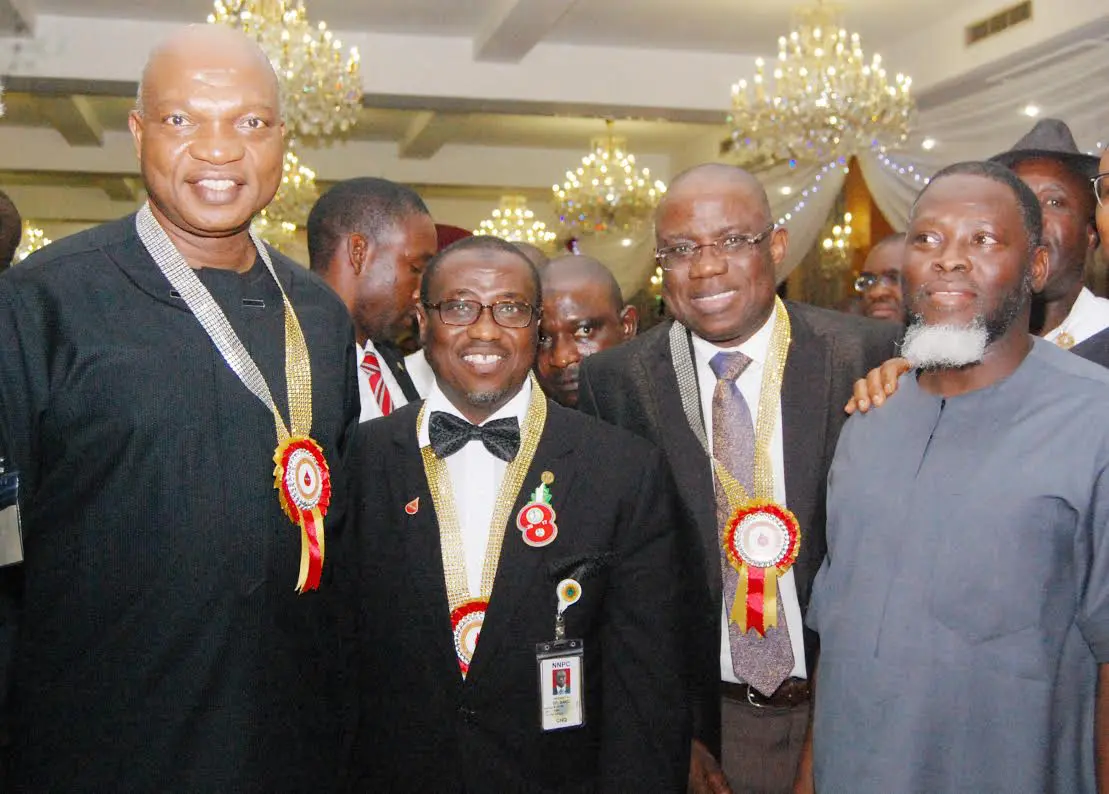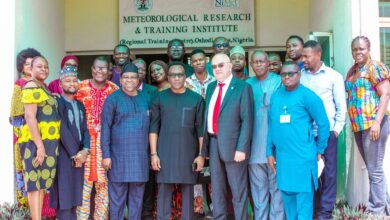Huge Percentage Of Nigerian Households Nigeria Use Fuelwood, Charcoal For Cooking

Joyce Onwuka
A large number of people in Nigeria rely heavily on the use of fuelwood and charcoal for cooking, a new survey has revealed.
The report also reveals that despite the growing use of Liquified Petroleum Gas ( LPG) traditional fuels like fuelwood and charcoal remain dominant.
Fuelwood is extensively used, with 67.8 per cent of surveyed households reporting usage for domestic, agricultural, and commercial purposes.
Households across states like Bauchi and Sokoto rely heavily on fuelwood, while only 1.7 per cent reported selling it.
The survey conducted by the National Bureau of Statistics (NBS) estimates total annual spending on fuelwood at N608.72bn, with the average household expenditure at N117,347 per year.
Charcoal usage is also significant, with 22 per cent of households using it primarily for cooking. Charcoal production remains low, with only 0.3 per cent of households involved in production, mainly concentrated in states like Kwara and Ekiti.
The Statistics Agency revealed that Nigerians in nine states spend a total of N312.27bn on LPG, also known as cooking gas.
The 2024 Nigeria Residential Energy Demand-Side Survey report highlights the evolving energy consumption patterns in Nigeria, shedding light on the reliance on LPG, fuelwood, charcoal, and other energy sources for cooking and heating.
The survey assessed energy consumption patterns across 7,706 households in nine states, offering insights into the use of LPG, fuelwood, electricity, and other energy sources.
According to the report, the survey covered Akwa Ibom, Bauchi, Ekiti, Enugu, Kano, Kwara, Oyo, Plateau, and Sokoto states, ensuring broad representation across Nigeria’s six geopolitical zones.
The data collection for the survey was conducted over a 17-day period, from April 19 to May 5, 2024, using a systematic sampling method.
The report indicates that the household data covers energy consumption and expenditures over the 30 days prior to the survey, providing an up-to-date snapshot of residential energy demand.
The survey shows that 19.4 per cent of households reported using LPG in the last 30 days, with the average household expenditure on LPG pegged at N10,239.7.
Sokoto State recorded the highest average monthly expenditure at N12,439.3, followed by Enugu with N11,852.2.
The report read, “The average monthly expenditure on LPG across the nine states in the past 30 days prior to the survey day was N10,239.7. Analysis across the state indicates that Sokoto state spent the highest amount with N12,439.3, followed by Enugu state (N11,852.2) while Ekiti state spent the lowest amount (N8,213.5).”
However, states like Bauchi (0.8 per cent) lagged in adoption. Most households (39 per cent) obtain LPG from vendors operating on a cylinder-to-cylinder basis, followed by filling stations (34.2 per cent) and stand-alone gas refilling plants (26.8 per cent).
Electricity access is another important aspect of the report which shows that about 58.2 per cent of households are connected to the national grid, with Ekiti leading with 79.7 per cent grid access.
However, 85.2 per cent of those connected are still subjected to estimated billing, while only 14.8 per cent use pre-paid meters.
Solar power systems also play a growing role, as 4.8 per cent of households reported access to solar home systems or mini-grids.
Additionally, 4.8 per cent of households use diesel or petrol generators, with purchases averaging 7.38 litres per month.
Most fuel purchases (86.7 per cent) are from filling stations, reflecting the ongoing dependency on petrol-powered generators due to electricity supply challenges.
The Statistician General of the Federation, Prince Adeyemi Adeniran, officially launched the 2024 Nigeria Residential Energy Demand-Side Survey.
He noted that the survey, a collaborative effort involving the NBS, Federal Ministry of Power, Energy Commission of Nigeria, International Energy Agency, and the European Union, examines household energy usage patterns across nine states.
Adeniran emphasized the significance of the survey, noting, “access to reliable and affordable energy is a fundamental human right and a cornerstone of economic growth.”
He added that the survey offers critical insights for policymakers and operators in the energy sector as the nation tackles rising demand, access challenges, and affordability issues.





